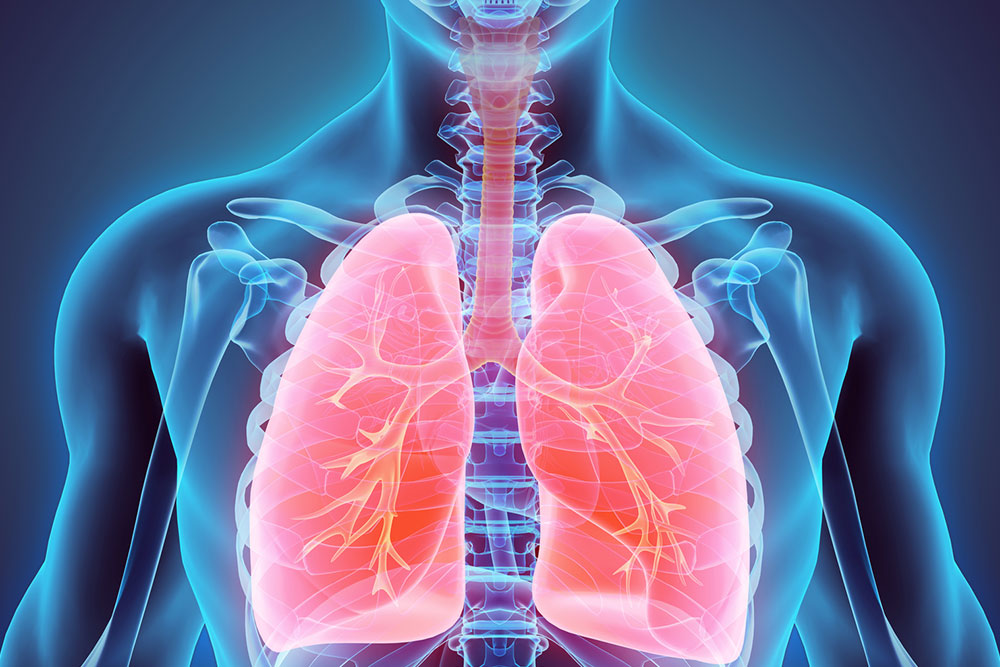Complete Overview of Metastatic Breast Cancer: Symptoms, Treatments, and Management Strategies
This comprehensive guide explores metastatic breast cancer, highlighting symptoms, diagnosis, and advanced treatment options like hormone therapy, targeted treatments, and chemotherapy. Emphasizing the importance of early detection, personalized care, and lifestyle support, this article aims to equip patients and caregivers with essential knowledge for managing this advanced stage of breast cancer effectively, enhancing quality of life and survival chances.

Complete Overview of Metastatic Breast Cancer: Symptoms, Treatments, and Management Strategies
Metastatic breast cancer, also known as stage IV breast cancer, represents the most advanced and life-threatening stage of breast cancer. At this stage, cancer cells have spread beyond the original tumor in the breast to other parts of the body, including vital organs such as the lungs, liver, brain, and bones. Understanding this complex condition is crucial for patients, caregivers, and healthcare providers to make informed decisions about treatment options and quality of life improvements. Despite advancements in medical science, metastatic breast cancer remains a challenging disease with significant implications for patient survival and well-being.
Metastatic breast cancer can develop after initial treatment where the primary tumor was successfully eradicated or reduced. Sometimes, residual cancer cells can remain dormant for years before becoming active again, leading to recurrence. This progression underscores the importance of long-term monitoring even after successful early treatments. In the United States, approximately 154,000 women live with metastatic breast cancer, highlighting the ongoing need for effective management and supportive care strategies.
Recognizing the early symptoms of metastasis is vital since early detection can significantly influence treatment outcomes. Typical signs include palpable lumps or thickening in the breast, skin changes such as puckering, dimpling, or redness, and nipple alterations like discharge, inversion, or rash. Symptoms related to organ involvement depend on where the cancer has spread. For instance, metastasis to the brain might cause persistent headaches, seizures, or neurological deficits. Lung involvement could lead to persistent coughing, shortness of breath, or chest pain, while liver metastases might result in abdominal pain, jaundice, or swelling. Prompt consultation with healthcare professionals for proper diagnosis and staging is essential when these symptoms are observed.
The primary goals of metastatic breast cancer treatment are to control symptoms, slow disease progression, and improve quality of life. Since a complete cure remains highly challenging at this stage, treatments are focused on prolonging survival and managing adverse effects. A multidisciplinary approach is often employed, combining various therapies tailored to individual patient conditions. Key treatment options include hormone therapy, which is highly effective when the tumor growth is driven by hormones such as estrogen or progesterone. Targeted therapies, such as HER2 inhibitors like Trastuzumab and Pertuzumab, have revolutionized treatment for HER2-positive breast cancers by specifically attacking cancer cells that overexpress the HER2 protein.
Chemotherapy remains a cornerstone treatment modality, utilizing powerful drugs to kill rapidly dividing cancer cells. Alongside systemic therapies, newer options like immunotherapy and clinical trials are making initial inroads in the management of metastatic disease. Most treatment plans involve regular imaging and blood tests to monitor progress and adjust therapies accordingly. Based on the individual's response, side effects, and overall health, oncologists craft personalized treatment regimens that may include combinations of hormone therapies, targeted treatments, and chemotherapy. While these therapies can come with side-effects such as fatigue, nausea, hair loss, and immune suppression, maintaining a healthy lifestyle with proper nutrition, gentle exercise, and emotional support is essential for overall well-being. Additionally, palliative care plays a vital role in alleviating pain and ensuring comfort.
In conclusion, metastatic breast cancer requires comprehensive management that combines medical treatment with supportive care. Advances in targeted therapies and personalized medicine have improved survival rates and quality of life for many patients. Early detection remains critical; hence, regular screenings, awareness, and timely medical intervention are crucial. Patients are encouraged to work closely with healthcare teams to develop individualized treatment plans that address both disease control and quality of life. Support from family, friends, and support groups can significantly enhance mental health and resilience throughout the journey. Continued research and clinical trials offer hope for future breakthroughs, aiming to find more effective treatments and hopefully, a cure for metastatic breast cancer in the years to come.





